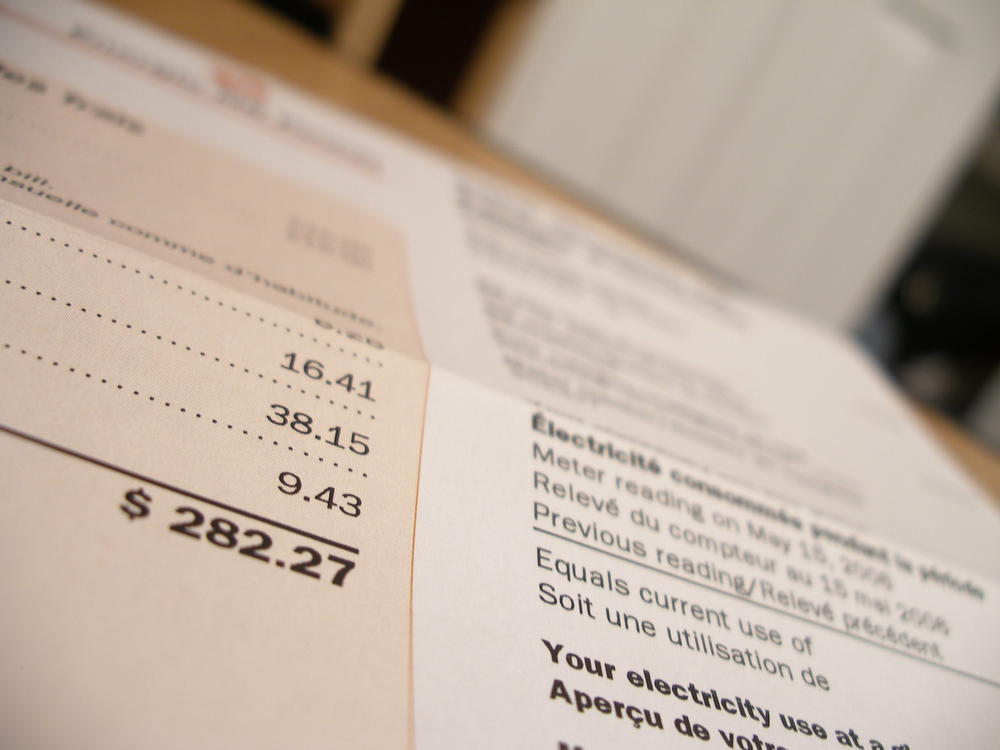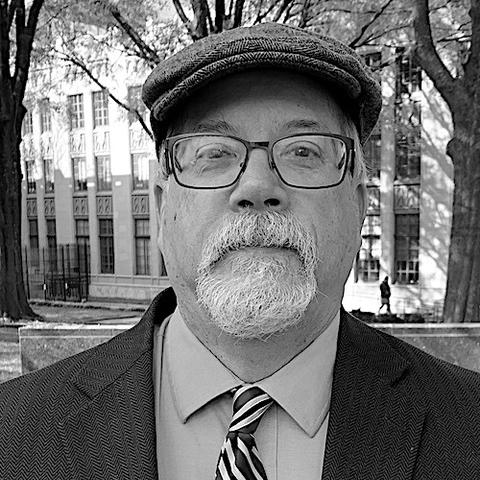
Caption
The incumbents and their challengers also disagreed over the PSC’s decision last March to suspend disconnections of service to electric customers having trouble paying their bills due to the economic impact of the coronavirus pandemic.
Credit: GPB file photo

